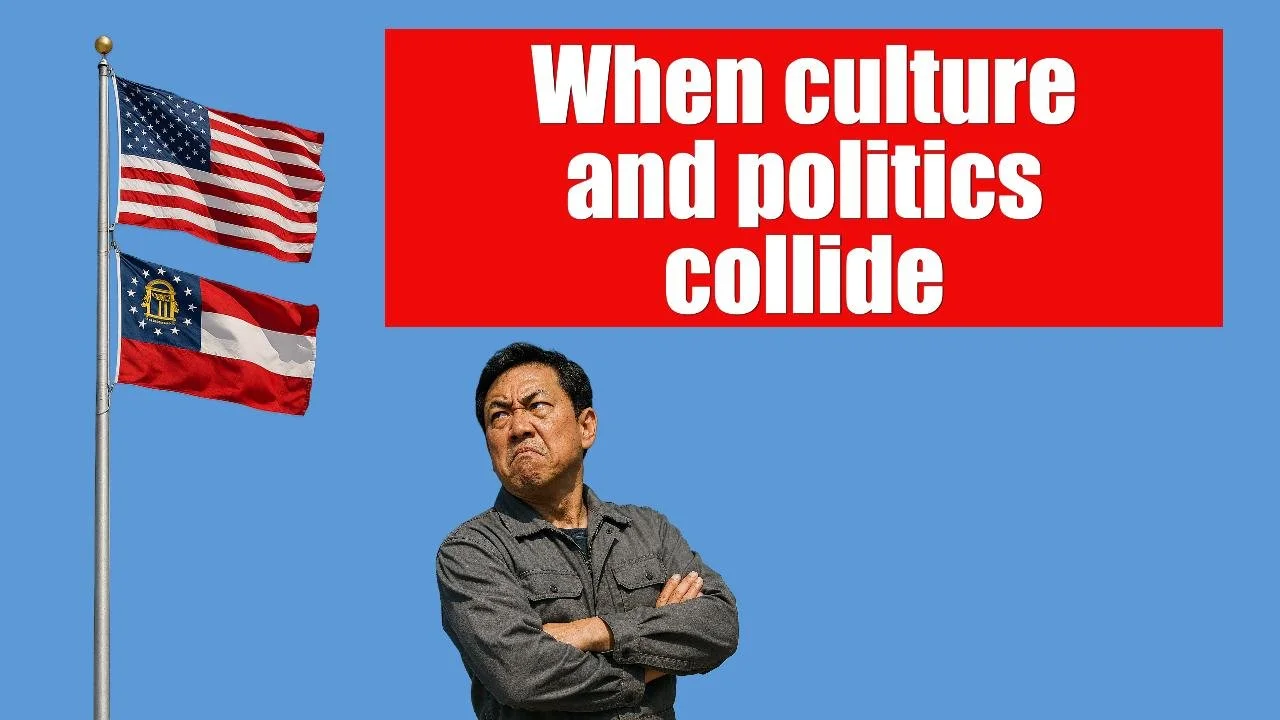When Trust Is Shackled: Cultural Fallout from a Georgia Immigration Raid
In early September, a sprawling EV battery facility in Georgia became the epicenter of a diplomatic and cultural rupture. Nearly 500 South Korean nationals - engineers, technicians, and students - were detained by U.S. immigration agents in a surprise raid. Despite holding valid business visas, many were shackled and treated as criminals. The incident, which unfolded at a Hyundai-affiliated site, sent shockwaves through South Korea and raised urgent questions about dignity, trust, and the treatment of foreign professionals in the United States.
The cultural impact was immediate and profound. In Korean society, public humiliation carries a weight that transcends individual experience. The concept of chemyeon, or face, is deeply tied to dignity, reputation, and collective identity. Images of shackled Korean citizens circulated rapidly through media and social platforms, triggering not only outrage but also painful memories of authoritarian overreach. For many, the ICE raid echoed past eras of state surveillance and suppression—memories that remain vivid despite South Korea’s democratic transformation since 1987.
Business confidence was shaken. Korean firms had invested billions in U.S. manufacturing, with Georgia officials promising a welcoming environment. The raid undermined that promise and cast doubt on America’s reliability as a strategic partner. Although President Trump later expressed regret and initiated discussions around new visa programs tailored to Korean engineers, the damage to perception had already taken root. The lack of a visa category that accommodates long-term technical training further exposed systemic gaps in immigration policy, especially as global business models evolve.
Now, nearly 200 Korean nationals have filed a class-action lawsuit against the U.S. government, alleging unlawful detention, racial profiling, and excessive use of force. Their legal claims are not only about compensation but also about policy reform and cultural accountability. This case, unfolding at the intersection of business, law, and culture, underscores a critical truth: trust, once nearly automatic between long-time allies, is now conditional. As global industries become more culturally entangled, the expectations for dignity, clarity, and respect must rise to meet the moment.

